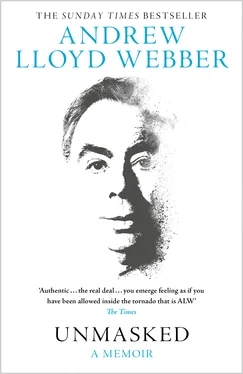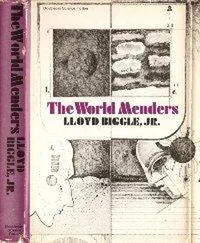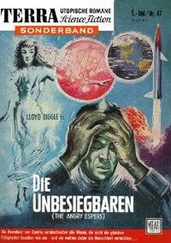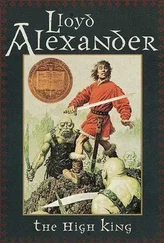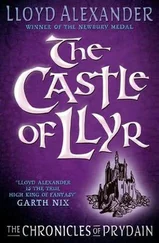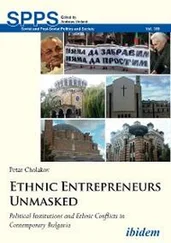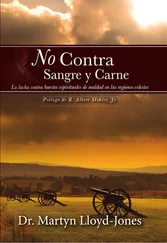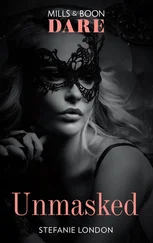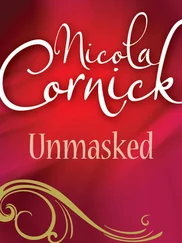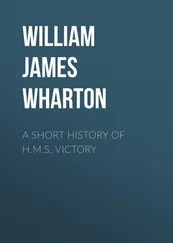The summer of 1965 wasn’t exclusively taken up with The Likes of Us . I toured Italy with a group of school friends and spent loads of time with Vi and George at La Mortola. It was that summer that I properly met Vi’s friend, the film director Ronnie Neame. Ronnie had recently directed Judy Garland in a movie called I Could Go on Singing . This was also the title song. It had an unfortunate lyric since it continued “till the cows come home” which prompted a version on That Was The Week That Was in which the singer was stampeded by a herd of rampant bovines. I had the cheek to play Ronnie a tune I thought better that I had wanted to send him when he was making the movie, but Vi had stopped me. He said it sounded a bit “classical.” It later surfaced as “I Don’t Know How to Love Him.”
Ronnie had been David Lean’s cameraman and producing partner on classic movies like Great Expectations . I was enthralled when he told me how, in an emotional scene with co-star Dirk Bogarde, Judy Garland had without warning veered totally off script into a supercharged autobiographical monologue. Ronnie feared the cameraman might stop shooting this unrehearsed pure gold so he eased the guy off his camera and took over himself. Ronnie tightened the shot and, by inching the camera slowly back on its track, lured Garland to keep monologuing her way forward into his retreating lens. Thus he created a seminal Garland moment in a not particularly special movie.
Also that summer I met Tim’s parents for the first time. I had just failed my driving test, so Tim drove me in a pre-World War Two Austin car that his parents lent him to their converted farmhouse near Hatfield, about 20 miles north of London. Joan and Hugh were very kind and asked me a lot of questions about my family and what my ambitions were. They asked me quite a bit about Oxford and I, maybe wrongly, thought there was a question too many in front of Tim on the subject of university. I didn’t tell them of the role of Professor McFarlane’s cat in my academic achievements.
There are songs you vividly remember when and where you first heard them. I first heard Richard Rodgers’ “Something Good” at the home of John Goodbody, an aptly named Westminster boy as he was Britain’s junior weightlifting champion, not necessarily the first achievement you would think of in a Westminster boy. John was a trainee journalist and during his long career in newspapers he became the highly respected Sports Editor of the London Times . He shared my huge love of the Everly Brothers and it was at his parents’ house in North London that I turned up one Saturday night clutching my unplayed newly purchased soundtrack LP of The Sound of Music film. John’s friends were slightly older and more cynical than I, so they doubtless shared the view of the New York Times that The Sound of Music was “romantic nonsense and sentiment.”
I wonder if they noticed me turn colder than your average Austrian ski slope during my first encounter with the stupendous overture. Out of the glorious modulation at the end of “My Favorite Things” burst one of Richard Rodgers’s most brilliant and characteristic melodies. And it was new! Rodgers hadn’t written anything to touch it for at least five years. “Something Good” is right up there with his very best, complete with his “Bali Hai” tritone,* the halfway note in the scale that hits the word “Hai” and is there in some of his most typical greats. Hearing this melody for the first time is as vivid a memory as my debut encounter with Sgt. Pepper .
THE CLOCK TICKED TOWARDS October and my first Oxford term. However any qualms that I had over the daunting prospect were somewhat hijacked by another of Mum’s domestic dramas. This time she burst into my bedroom at four in the morning proclaiming that something terrible had happened to John Lill and that she could feel his pain. Later in the morning it transpired he had fallen off his motor scooter. Maybe there was something in Mum’s psychic claims or, perish the thought, John had phoned her after the accident and I hadn’t heard the phone because I was asleep – although I am inclined to believe the former, since Mum was long on psychic contacts. There were two consequences of this bizarre affair: (1) I decided I would find a way to move out of Harrington Court asap and that Oxford was not a bad stepping stone. (2) Mum decided John Lill needed to move into Harrington Court as living in Leyton subjected him to too many hazardous road journeys.
Despite all this it was John who drove me to Oxford on a chilly October night to begin the Michaelmas term at Magdalen, one of those journeys where you wish the distances between villages were just that little bit longer. I had been tipped off that it was wise to get in first and ask in advance if there was a room in the “New Building.” I got one. But I was unprepared for what hit me. After Harrington Court my room wasn’t a room. Today it would be called the Presidential Suite in a country house hotel – a bit of a run-down one maybe, but I never say no to faded grandeur. The New Building was constructed in 1733 and, despite being a mental Victorian Gothic man, I had no objection to a massive panelled drawing room plus bedroom, kitchen and bathroom overlooking Magdalen’s famous meadow, home of a load of deer and Snake’s-head Fritillary, the latter being an extremely rare flower, not a heavy metal band. One gripe. It was a bit on the cold side. And there was no piano.
In the weeks before I went “up” to Magdalen, I mooted to Desmond the idea of getting our show staged by one of the Oxford University dramatic societies, OUDS being the mainstream one, the other the Experimental Theatre Company or the ETC. This was an extremely arrogant thought for a seventeen-year-old freshman. Both societies were widely recognized in the theatre and appeared outside Oxford frequently, sometimes internationally. Desmond was rather sniffy, but he didn’t entirely perish the thought. So I rented a tinny upright piano from Blackwell’s in Oxford High Street. Nobody in the college minded. Next I wrote a letter of introduction to the presidents of the two drama societies, fairly crawling stuff, I recall, but tinged with a faint hint that I was God’s next gift to the West End and they would be wise to meet me whilst they still could.
Lady Luck dealt me a great card at my first lunch in Magdalen’s pleasingly Gothic hall. I found myself sitting next to a fellow freshman law student called David Marks. His ambition was to be an actor. He turned out to be no ordinary hopeful. After winning every acting prize Oxford offered he went on to become President of OUDS. Less than a year after we met he premiered the role of Rosencrantz in the first production of Tom Stoppard’s Rosencrantz and Guildenstern Are Dead at the Edinburgh Fringe Festival. David never pursued a career as an actor and became a successful barrister, saying he found acting too repetitive. He also agreed to be the first person to play the role of Dr Thomas John Barnardo.
Very soon I had met all the student top brass. OUDS was headed by Bob, now Sir Bob Scott who was to become the arts and sports czar of Manchester. David Wood honchoed the ETC. David has had a successful career as actor, writer and lyricist and it was the ETC that became the most likely home for The Likes of Us . We had several meetings and it was even mooted that as he could sing he might usurp David Marks and play Dr Barnardo. A plan developed that it could be staged after summer term 1966 in the Oxford Playhouse. There was, however, one outsized snag. There was still no script. As it was Desmond’s project, I obviously couldn’t suggest he ditched his best-selling novelist Leslie Thomas for some unknown budding dramatist Oxford student.
Читать дальше
